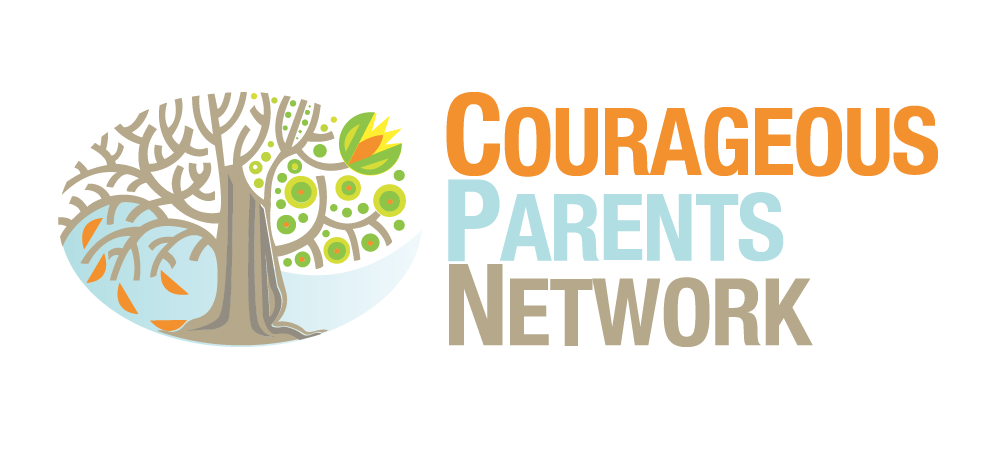What Are Clinical Trials?
A clinical trial is a study of a treatment in volunteer patients. A clinical trial will determine the right dose and frequency of the treatment. It will test whether the treatment is safe and effective, and will determine whether any side effects are tolerable or easily managed.
Developing a new treatment is a long process that can take between five and seven years. The Food and Drug Administration (FDA) oversees every step of the process.
Clinical trials typically have three phases:
For clinical trials on treatments for rare diseases, the FDA will often allow the first two phases to be combined because there are so few patients.
How Do I Know if We’re Eligible?
The best way to find out if you or your family member is eligible for a clinical trial is to speak with the study investigator to discuss the study objectives, expectations for participation, and potential risks and benefits. Be sure to sign an informed consent form before undergoing further screening, assessments or administration of treatments.
How Much Does It Cost to Participate?
For most clinical trials involving rare diseases, there is no cost to participate. The treatment, hospitalization, and assessments are free of charge. Usually, the clinical trial will pay for the patient’s travel, hotel, and meals—and often will cover these charges for a companion or guardian.
How Can I Find Clinical Trials?
Visit www.clinicaltrials.gov, which lists most clinical trials in the United States with eligibility criteria and participation requirements.
You can also find clinical trials in the United States that are seeking patients with Tay-Sachs, Canavan, GM1 gangliosidosis, or Sandhoff diseases by selecting the tabs in the table below.
We will update this listing when new clinical trials launch.
Aspa Therapeutics (Recruiting)
A Study of AAV9 GeneOften referred to as the "unit of heredity." A gene is composed of a sequence of DNA required to produce a functional protein. More Therapy in Participants With Canavan Disease
Myrtelle LLC, Gene Therapy (Active, not recruiting)
rAAV-Olig001-ASPA Gene Therapy for Treatment of Children With Typical Canavan Disease (CAN-GT)
Passage Bio (Enrollment paused)
Study of Safety, Tolerability and Efficacy of PBGM01 in Pediatric Subjects With GM1 Gangliosidosis (Imagine-1)
Azafaros (Closed)
Phase 2 Study Evaluating the Safety, Tolerability, Pharmacokinetics and Pharmacodynamics of Oral AZ-3102 in Patients With GM2 Gangliosidosis or Niemann-Pick Type C Disease (RAINBOW)
Read the press release here about the completion of the 12 week trial.
IntraBio (closed)
N-Acetyl-L-Leucine for GM2 Gangliosidosis
Queen’s University (Not Active)
First-in-Human Study of Gene Therapy for Treatment of Infantile Onset GM2 Gangliosidosis
Sanofi Genzyme (Active, not recruiting)
A Multinational, Randomized, Double-blind, Placebo-controlled Study to Assess the Efficacy, Pharmacodynamics, Pharmacokinetics, and Safety of Venglustat in Late-onset GM2 (AMETHIST)
University of Massachusetts Medical School (Active, not recruiting)
A Dose-escalation and Safety & Efficacy Study of AXO-AAV-GM2 in Tay-Sachs or Sandhoff Disease
For More Information
The webinars below include more information on clinical trials and the role of the FDA in the process.
What is a Clinical Trial: Demystifying the Process
Who is the FDA and What Does It Do?
The Canavan Disease FDA Patient Listening Session took place in March 2023. Read the summary.
The Late Onset GM2 Gangliosidosis FDA Patient Listening Session took place in January 2021. Read the summary.
The GM2 Externally-led Patient Focused Drug Development meeting took place in February 2024. Watch the meeting here.
If you’re thinking about taking part in a clinical trial and want more information, you are always welcome to email Diana Jussila (diana@ntsad.org), Director of Family Services, or Becky Benson (becky@ntsad.org), Family Services Manager.


